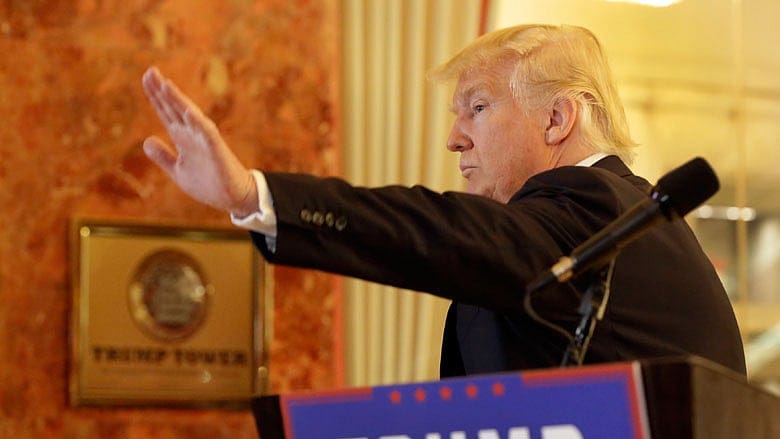#NeverTrump = Always Roe

"The progress of evolution," noted historian Henry Adams, himself a direct descendant of two presidents, "from President Washington to President Grant was alone evidence to upset Darwin."
Today, witnessing the prospect of a presidential showdown between Donald Trump and Hillary Clinton, perhaps that aphorism should be updated, substituting Ronald Reagan for Washington and both Trump and Clinton for Grant. Indeed, today's prospects are even dimmer than those facing nineteenth century voters. On the bright side, despite Adams' dyspeptic evaluation, the United States pulled through and prospered under President Grant, and assuredly will at least survive a Trump or Clinton presidency.

